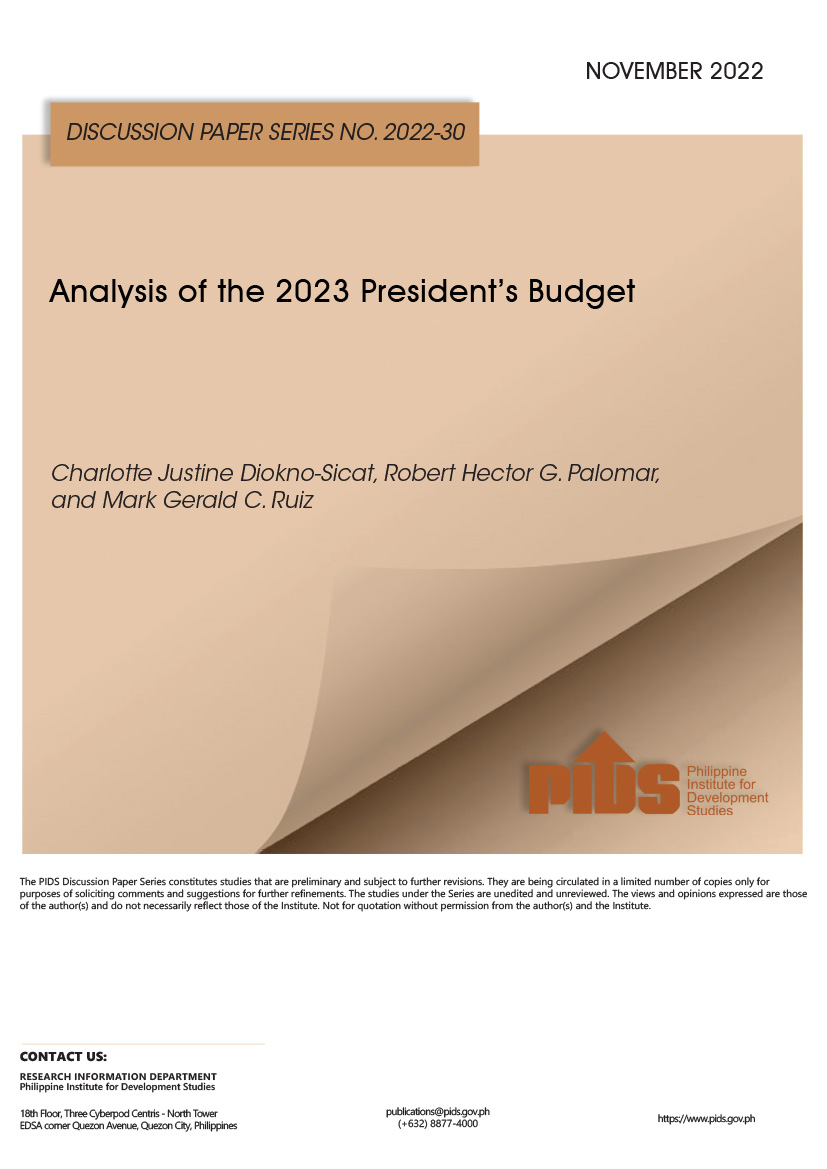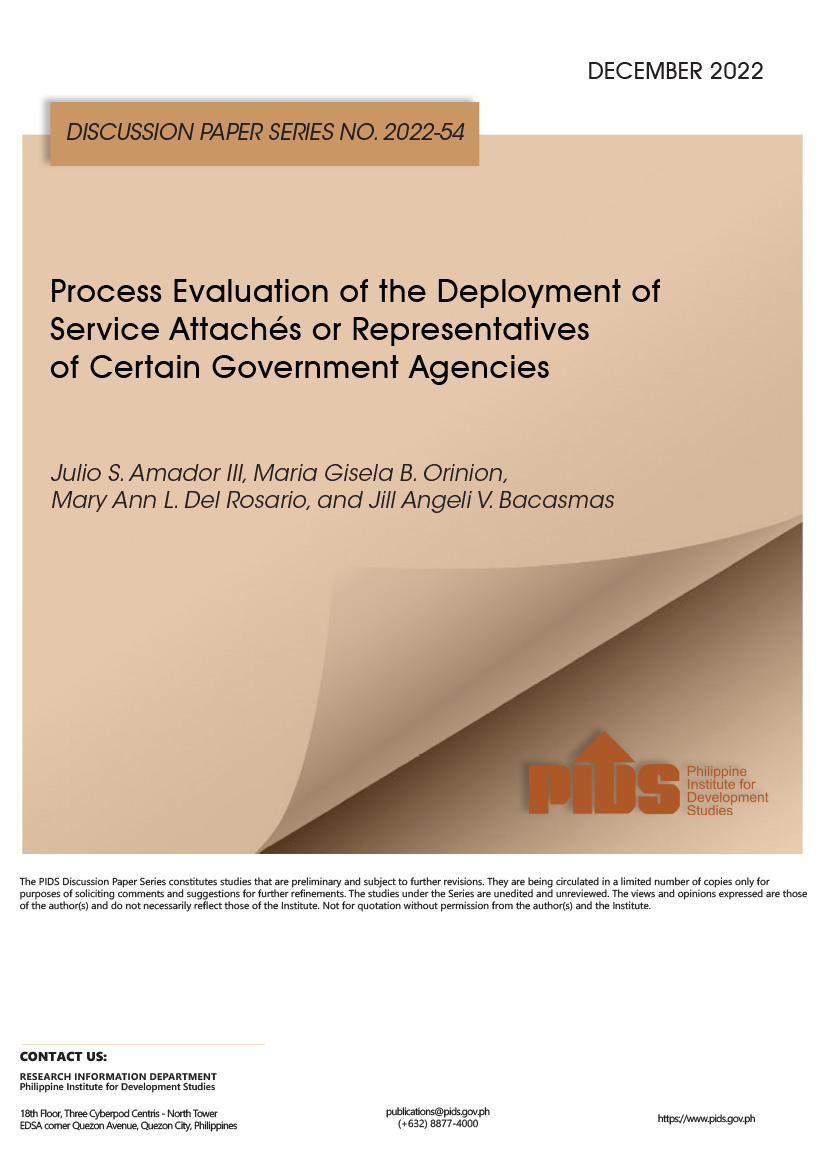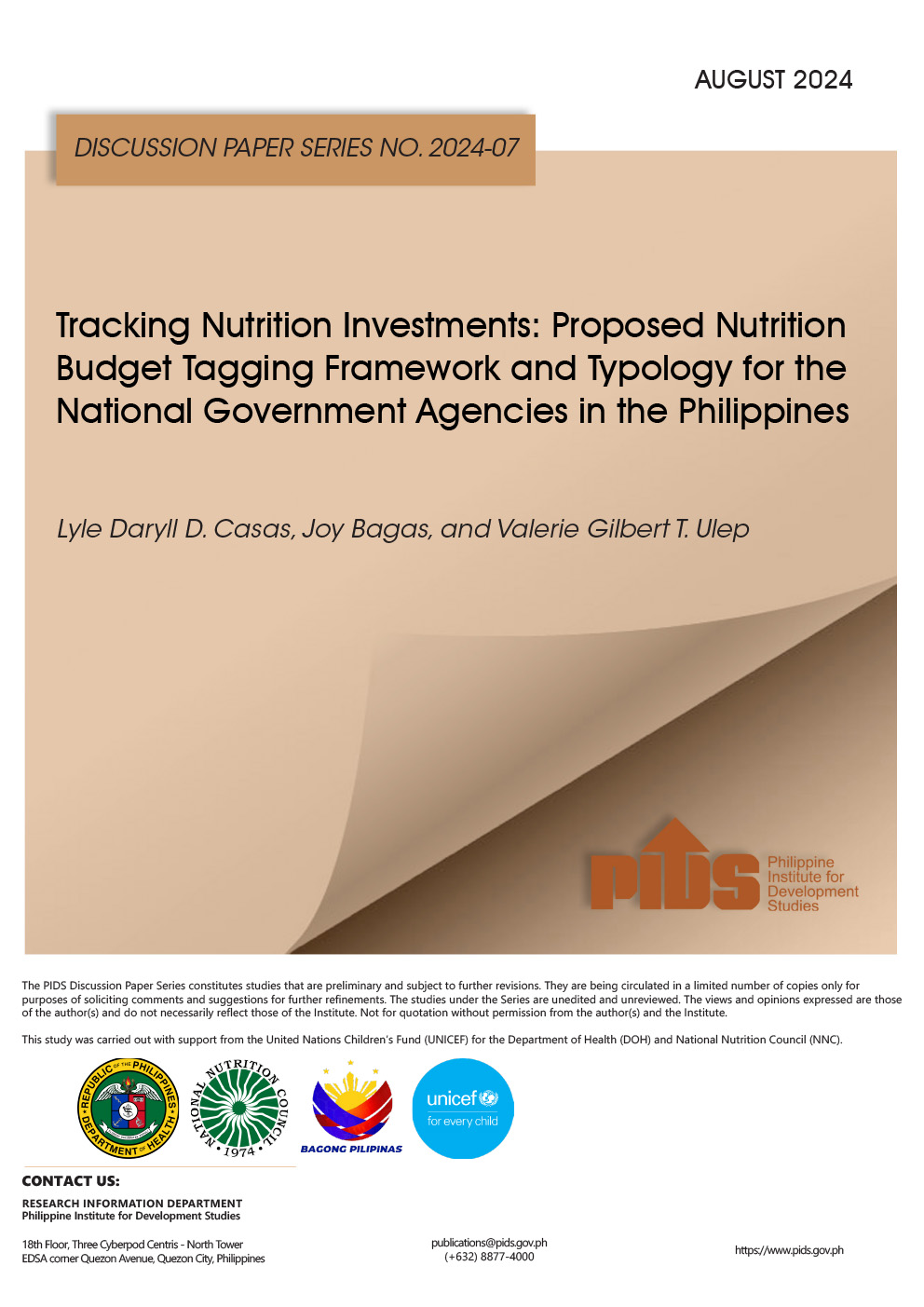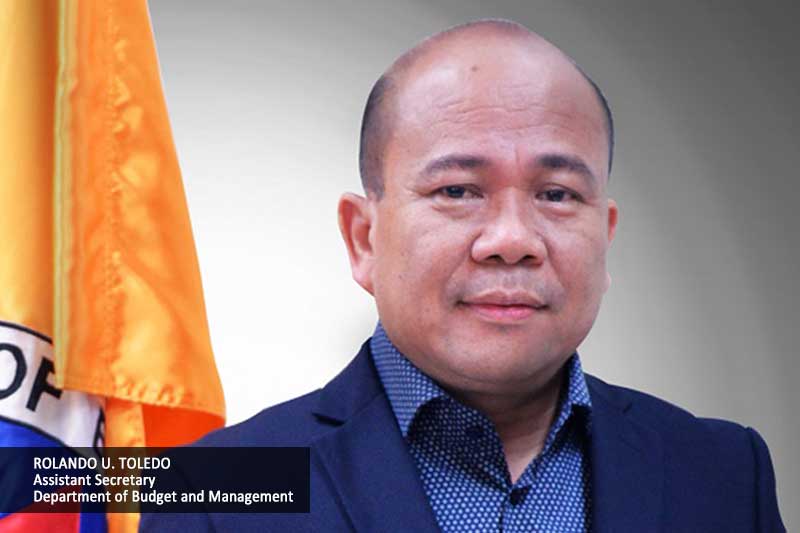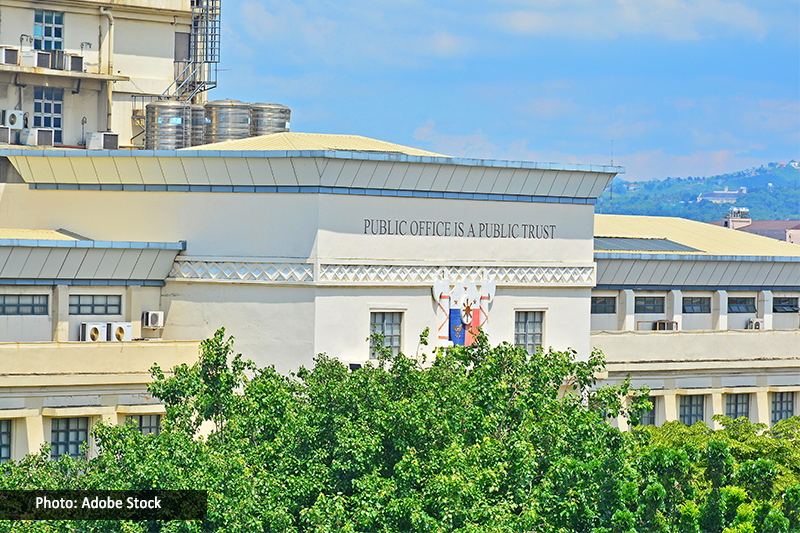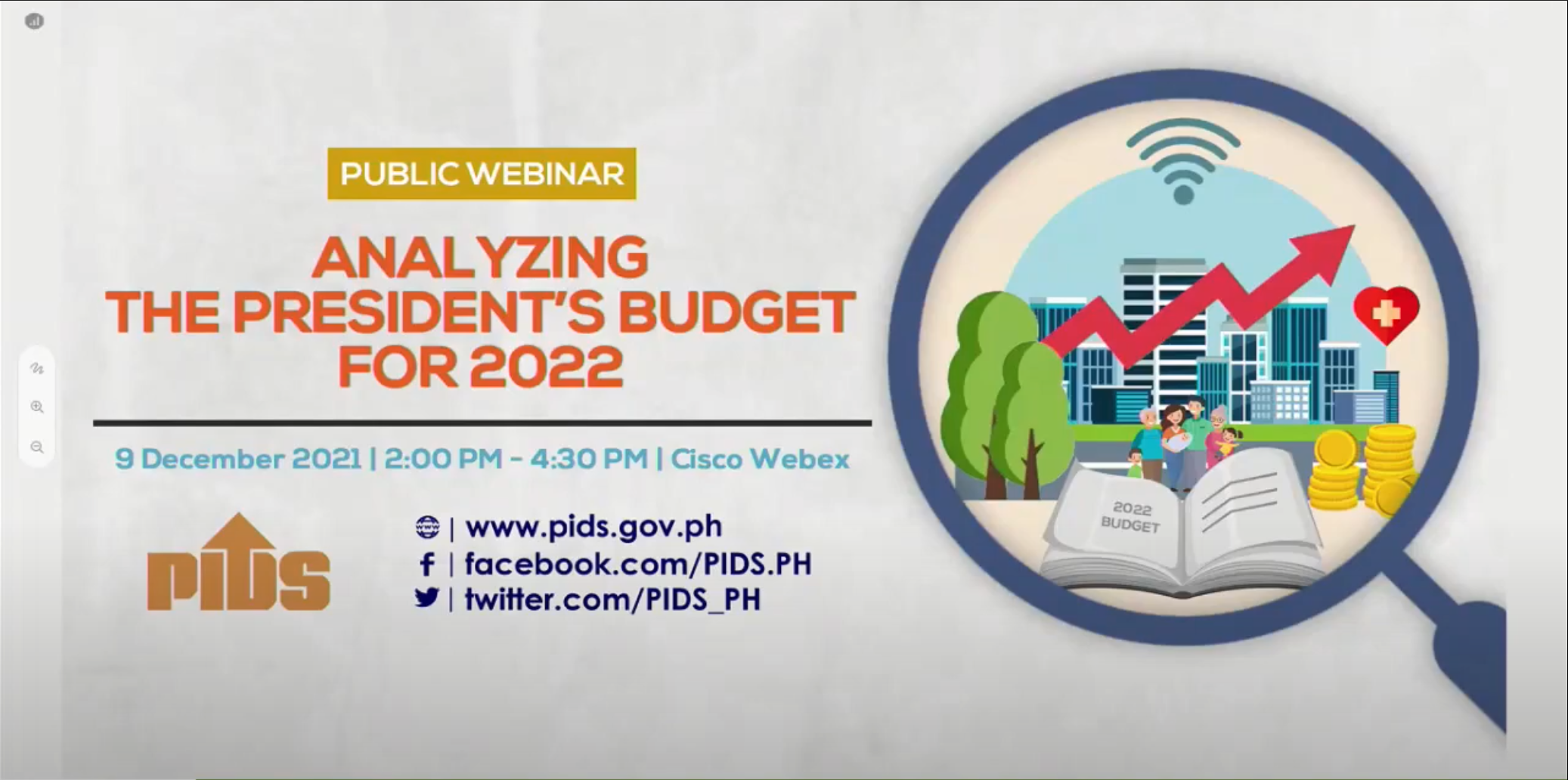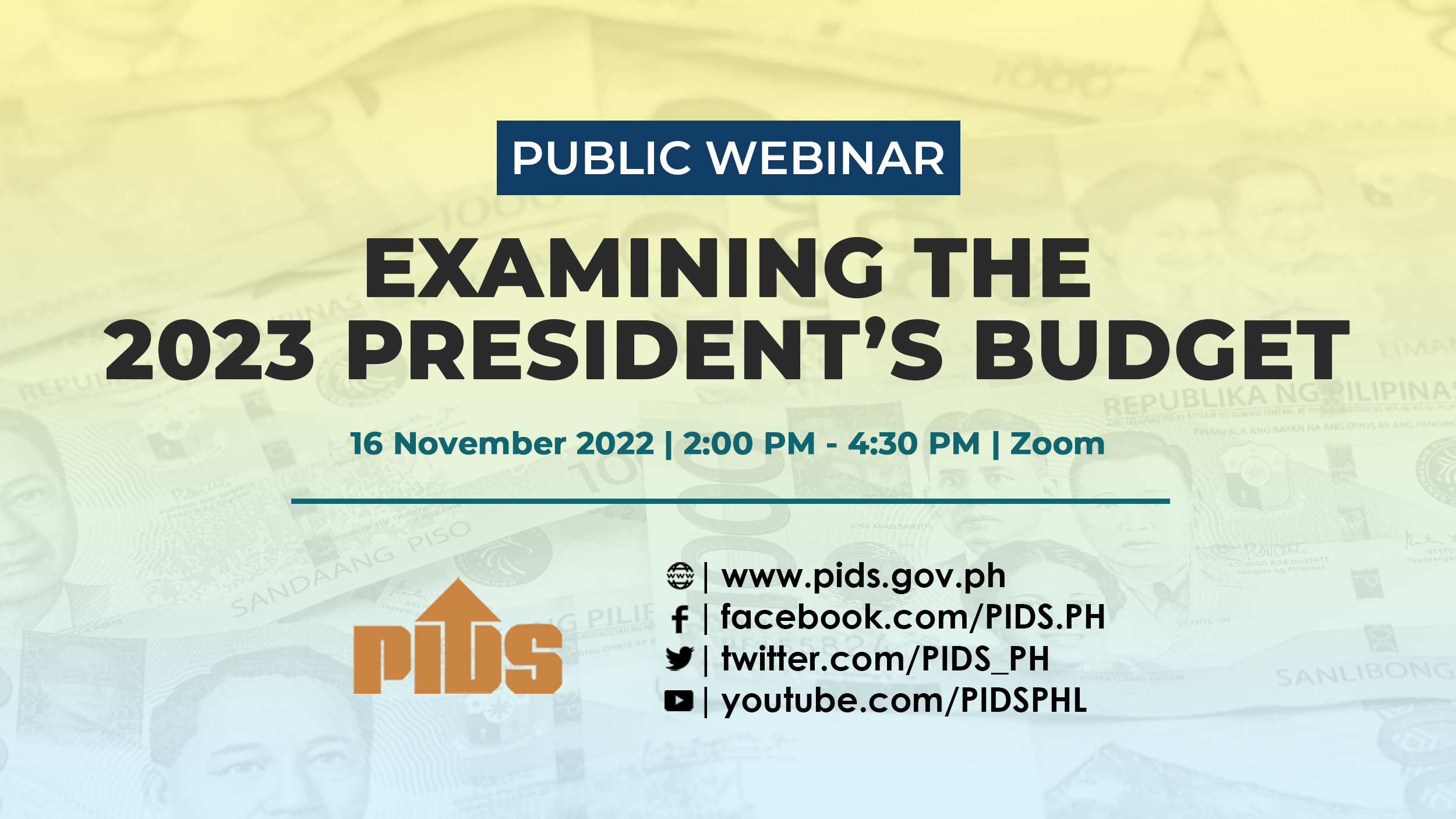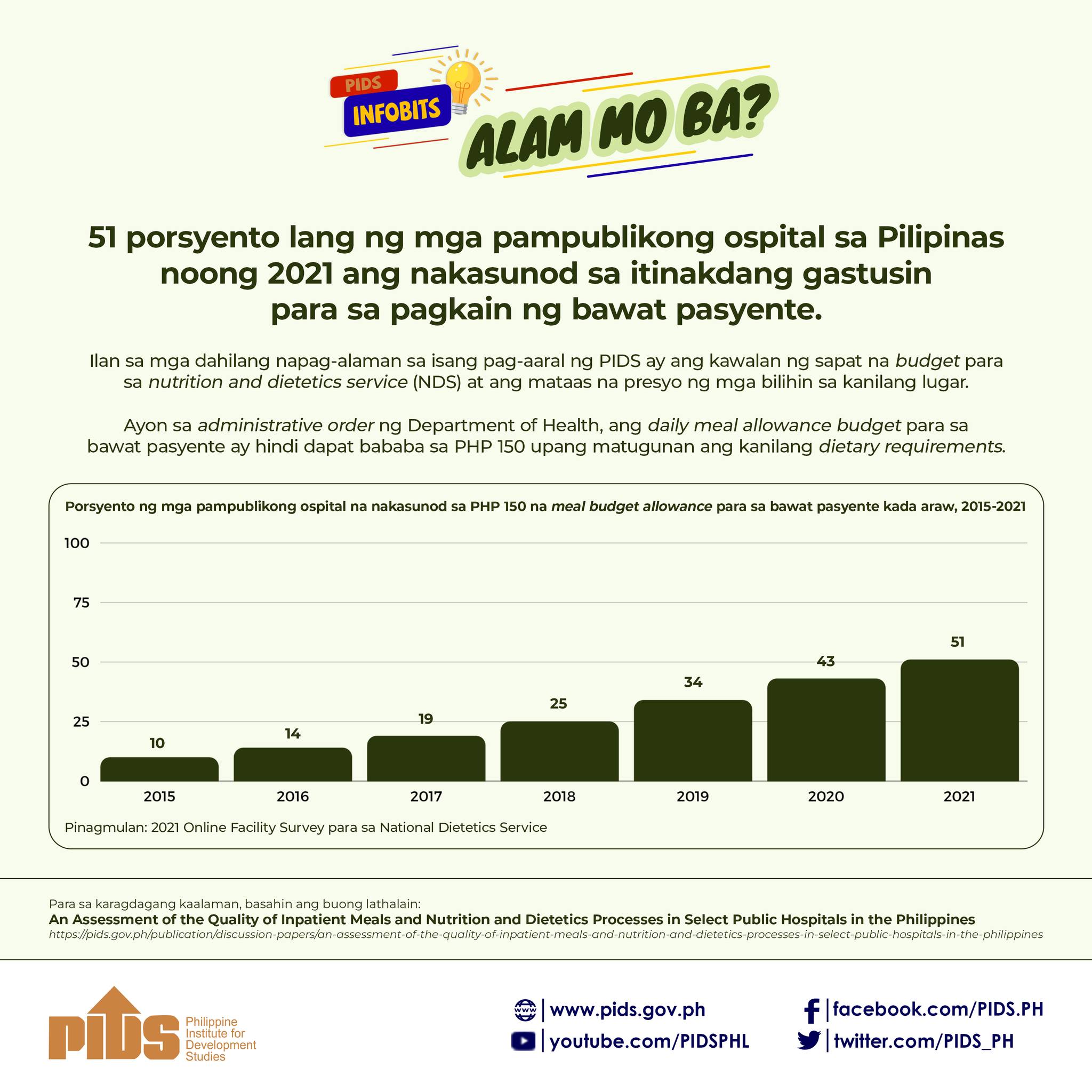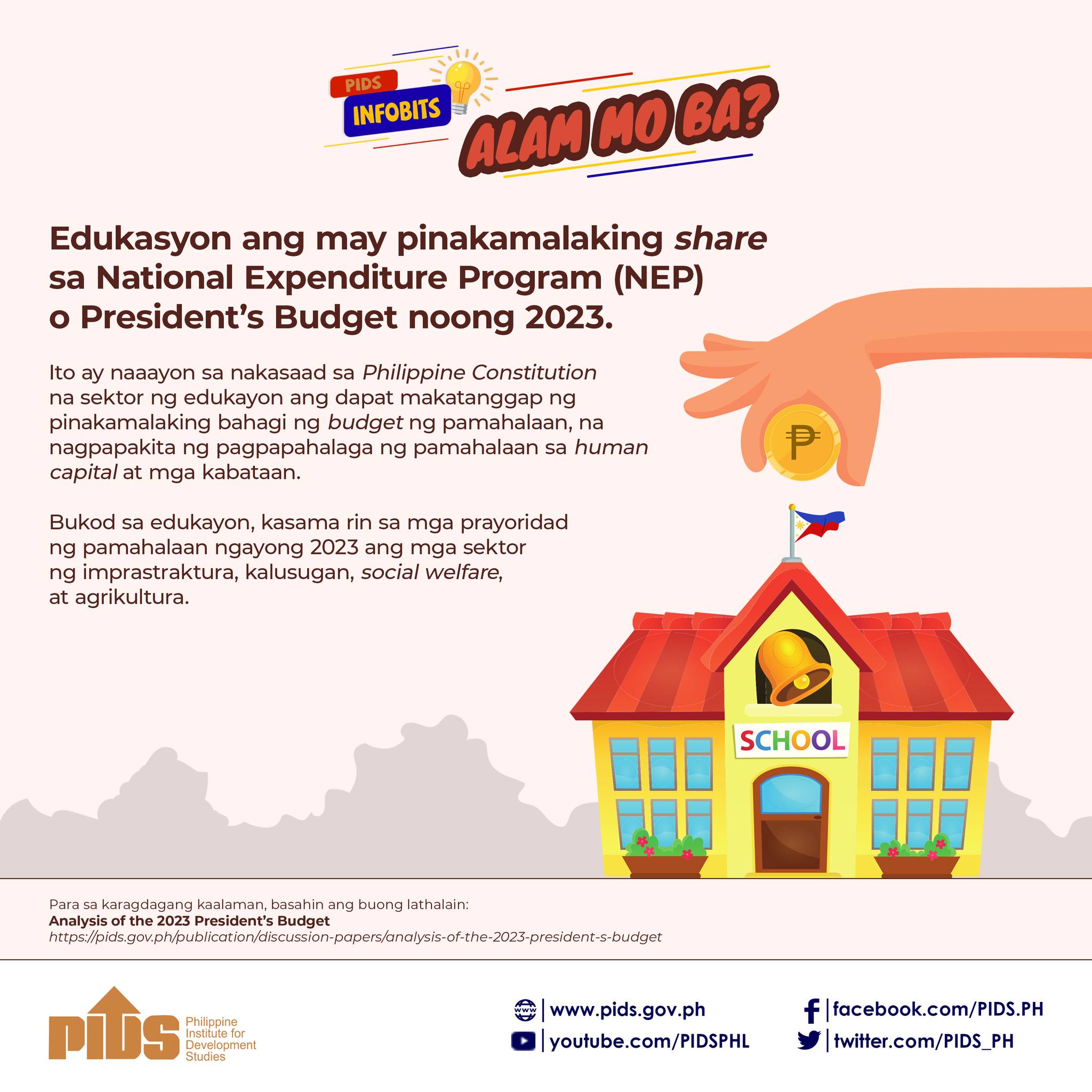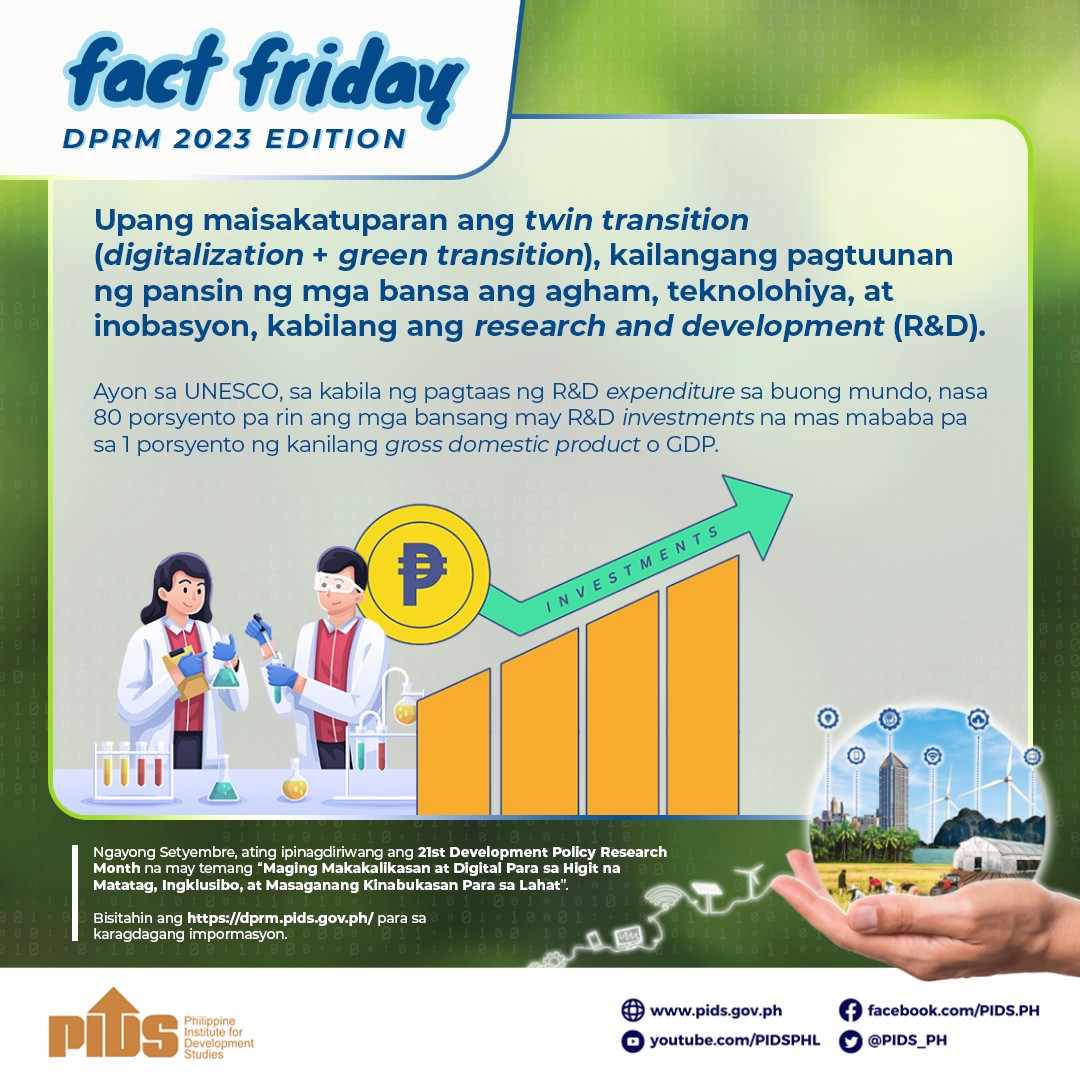The National Economic and Development Authority (NEDA) said on Wednesday it was seeking a 6-percent increase in its budget for next year.
NEDA said the budget proposal for 2020 amounted to P9.97 billion, higher than this year’s P9.33 billion.
Of the total, P7.3 billion will be alloted to the Philippine Statistics Authority; P1.44 billion to the Office of the Secretary; P497 million to the Population Commission; and P322 million to the Philippine Institute of Development Studies.
The remaining amount will be allocated to the Public Private Partnership (PPP) Center (P202 million); Tariff Commission (P86 million); Philippine Statistical Research and Training Institute (P65 million); and the Philippine National Volunteer Service Coordinating Agency(P33 million).
NEDA’s priority programs for next year include crafting of policies to contribute to the attainment of the targets set in the Philippine Development Plan (PDP); pursuing activities to sustain the interest of the people on the implementation of the Updated Philippine Development Plan 2017-2022 and the AmBisyon Natin 2040; drafting of plans for disaster rehabilitation, recovery and reconstruction of affected areas; and conducting researches in support of evidence-based policy formulation that contributes to the attainment of the PDP targets.
NEDA said it would also shepherd the Subcommittee on Sustainable Development Goals (SDGs), its technical working groups and its regional counterpart towards accelerating the achievement of SDGs; and recommend measures and policy advice on current critical socio-economic development issues.
Other areas of priority include recommending measures to address issues and bottlenecks in the identification, appraisal, funding, procurement, and implementation of infrastructure flagship projects; undertaking pragmatic Investment Coordinating Committee appraisal by supporting priority programs and projects with significant development impact as well as projects identified in sectoral and regional master plans and development strategies in the updated PDP 2017-2022; and use strategic importance and/or economic viability as major parameters for ICC approval; coordinate the updating of the public investment program, Regional Development Investment Programs (RDIP), and Three-Year Rolling Infrastructure Program (TRIP); coordinate the programming of projects proposed for official development assistance, local funding, and those in partnership with the private sector; and promoting the mainstreaming of climate change adaptation and mitigation (CCAM) and disaster risk reduction (DRR) in the design and evaluation or appraisal of development projects.

